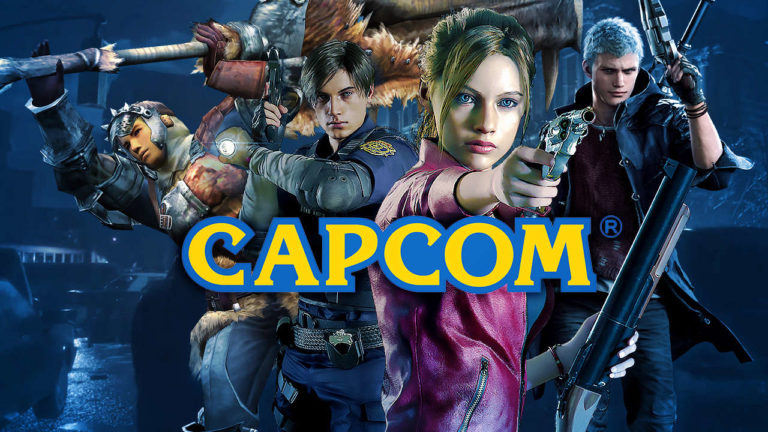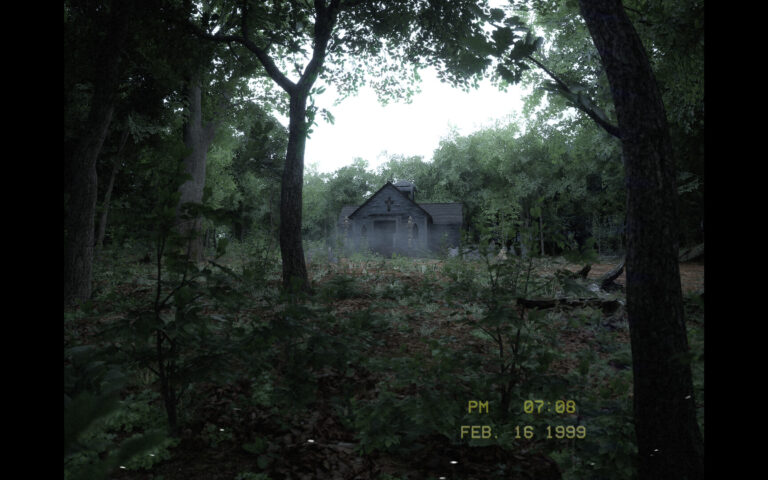
In the months leading up to the release of Resident Evil 6, it was clear that the game was going to polarize the fans. From the first footage released, it was evident that this game, while still trying to hold on to its roots, was going to be radically different to anything we’d seen before it. As it came closer and closer to launch, just how much it would divide us became all too clear. When the game finally released, it garnered equal amounts high praise and scathing reviews from media outlets worldwide. It seemed that people either loved it or hated it.
How? What happened? It didn’t seem so long ago that Resident Evil was a pioneer when it came to not just survival horror, but for the entire industry. Other games were looking to it for pointers, now it’s the other way around. Resident Evil, trying to emulate other games on the market? What kind of bizarro world have we woken up in?

In recent months, Capcom has been quoted (and re-quoted) as to wanting to go after the Call of Duty crowd. Producer of Resident Evil: Revelations Masachita Kawata stated that the survival horror genre is just too small a market for Resident Evil, citing sales of the recently (at the time) released Call of Duty: Modern Warfare 3 as his comparison point. While Kawata admitted that he wasn’t working on Resident Evil 6, it doesn’t take a genius to figure out that he’s probably not the only person at Capcom to think that way. That is, with dollar signs in their eyes. Their increased focus on what’s popular and hip with the young-uns spells trouble for the franchise, even if only because it seems that Capcom not only doesn’t know what it wants Resident Evil to be, an action game or a horror game, it can’t seem to figure out how to make Resident Evil into a half-decent action game. The end result is a truly horrifying at times mix that just doesn’t work well. Whether we like to admit it or not, positive reviews from both players and gaming critics sell more games than brand recognition.
Resident Evil: Operation Raccoon City seemed to suffer from this. Operation Raccoon City tried to bank off of a nostalgic feeling in each of us, a longing to return to the series’ stomping grounds and alter history. It attempted to accomplish this by setting the game back in Raccoon City, but turning the game into a squad-based shooter and giving us some moral choices to make. Change is good, but at least make sure the game…works. You could say that ORC suffered from some widely reported quality control issues. That kind of thing not only looks back for the company that developed it, it looks bad on the series as a whole.
You might claim that Resident Evil 6 and Operation Raccoon City are great games, except for <whatever> and <whatever> and I’m just a hater. Well that’s a great opinion to have, except that when <whatever> is a serious issue, and those issues keep adding up, that’s like saying your leg might be broken, but at least you don’t have a headache. You can look on the bright side, but that doesn’t mean those problems have suddenly disappeared.
Resident Evil: Revelations, a game released earlier this year, could be called a survival-horror game straight-up. While Revelations might not have sold nearly as much as Operation Raccoon City, there’s a key difference that makes Revelations so much better than ORC and even Resident Evil 6.

Revelations has (at the time of writing) an average Metacritic user score of 8.6. Operation Raccoon City has (at the time of writing) a Metacritic user score of 5.1. Resident Evil 6 has a Metacritic user score of 4.5 (at the time of writing). It’s pretty clear that people were happy with Revelations. When you put your 3DS down at the end of the game, you didn’t see the series falling apart in your hands and weep for the days of yore. You knew that even though so much time had passed since Resident Evil was a survival horror proper, they still knew how to do it. Revelations was targeted specifically for old school Resident Evil fans, and they pulled it off perfectly. Not only that, the game was well-polished and refined. No screen tearing or framerate issues, like in Resident Evil: The Mercenaries 3D.
In a way, Kawata is right: survival horror is a very niche market. Not everyone enjoys being scared out of their pants, and as such, not everyone will buy a moody survival horror title. However simply because the Call of Duty games sell extremely well, that doesn’t mean that all games should be like Call of Duty. What if tomorrow, RPGs suddenly had a surge in popularity? Would we see a Resident Evil RPG? What if real-time strategy games suddenly became the next big thing? We’d see a Resident Evil Command and Conquer? What about kart racing? You get the idea.

You might think that I’m against change, but I’m actually not. While I’d kill (no, not really) for a remake of an old classic, in the old style, I’ve grown to accept that things evolve and grow from what they once were. I’m all for change, provided it’s something that’s natural and fitting. So if Capcom wants to go after the action market, then so be it, but carve a little space out of the action genre for Resident Evil. Keep making it something special, and not just a half-hearted copy of what the rest of the industry is doing. Something that other game designers look to for inspiration with their own games.
Maybe they should give Cliff Bleszinski a call? I hear he knows the best places to order pizza.




